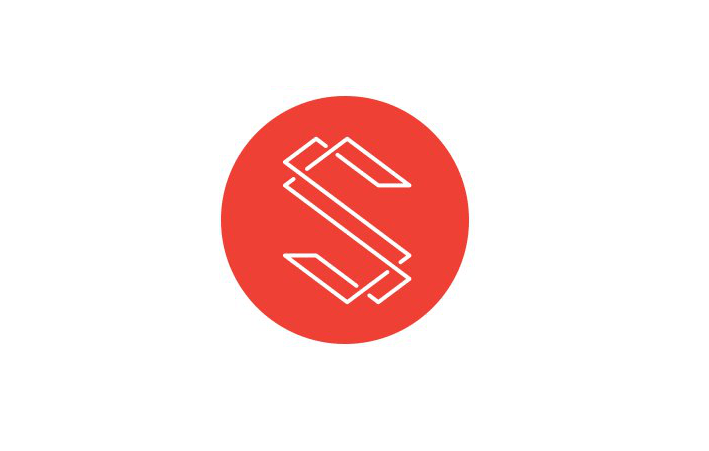In response to the U.S. Federal Communications Commission (FCC) voting to repeal net neutrality laws, net neutrality supporters who fear the worst are looking toward Substratum (SUB) as their saving grace. SUB has seen a significant boom in the wake of the vote, rising into the top 100 on CoinMarketCap recently. It currently sits at #98 with a market capitalization of just over US$100 million.
Substratum is an ERC-20 token aiming to decentralize the internet. In Substratum’s system, web users can access web browsing and hosting capabilities from other users on the network. These users are individuals worldwide contracting their personal computers and physical servers in exchange for SUB. Rather than pay fixed costs, users on the network pay for the amount of bandwidth they use through web browsing or other web browsers interacting with their content. Additionally, individuals contracting their hardware decide how much of their processing power they sell and at what time of the day, making the process as comfortable and efficient for everyone involved as possible.
Many supporters have volunteered to partake in the public beta test, which is set for some time this month. If all goes well, the alpha of this platform (Version 1) is slated to launch at the beginning of 2018. Along with this first version, the source code will be made public for members of the community to view and contribute to. As testing and development continues, more tools will be integrated onto the platform.
Beyond acting as a decentralized internet, the platform promises a number of additional features for content creators and viewers. Planned developments include a number of developer toolkits and extensions. There will also be an app store where developers will be able to sell or share their own developments on top of the peer-to-peer platform with other SUB users.
In an ISP environment where consumers experience content throttling and premium content packages, SUB offers an efficient and fair alternative. Beyond this, Substratum provides internet freedom to users based in censored jurisdictions such as China. Furthermore, SUB brands itself as a cheaper alternative to traditional means of web hosting and browsing.
Critics of this project may claim that, although Substratum is branded differently, this project does not adequately distinguish itself from existing cloud computing cryptocurrencies, such as Elastic (XEL) and Golem (GNT). These projects, which have been in development and circulation for longer than Substratum, may pose a competitive threat.
On top of this, while SUB explains extensively why its system is the better choice for consumers, it does not explain the drawbacks to hosts on the network. For existing physical web hosts, it’s impractical to forfeit existing, subscription-based profits to participate in this new, pay-as-you-go system. Additionally, SUB does not appear to represent a more resource efficient alternative to mining on a household PC. If contracting one’s internet access is not less resource intensive, or does not pay out at higher rates than traditional crypto mining, it’s unlikely that we’ll see significant participation on the network.
Regardless of your view on Substratum, it is clear that, at this point in time, this project is leading the fight against net neutrality repeals in the cryptocurrency sphere. Whether a competitor will overtake it or not will only be seen over time.

